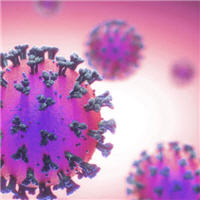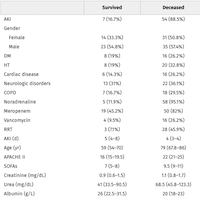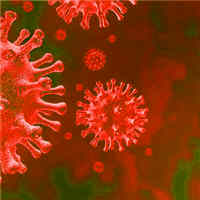Why COVID-19 Pneumonia is More Deadly than Typical Pneumonia
news.northwestern.edu
Bacteria or viruses like influenza that cause pneumonia can spread across large regions of the lung within hours. In the modern intensive care unit, these bacteria or viruses are usually controlled either by antibiotics or by the body’s immune system within the first few days of the illness.
But investigators at Northwestern Medicine show COVID-19 pneumonia is different.
Instead of rapidly infecting large regions of the lung, the virus causing COVID-19 sets up shop in multiple small areas of the lung.
It then hijacks the lungs’ own immune cells and uses them to spread across the lung over a period of many days or even weeks, like multiple wildfires spreading across a forest.
As the infection slowly moves across the lung, it leaves damage in its wake and continuously fuels the fever, low blood pressure and damage to the kidneys, brain, heart and other organs in patients with COVID-19.
This is the first study in which scientists analyzed immune cells from the lungs of COVID-19 pneumonia patients in a systematic manner and compared them to cells from patients with pneumonia from other viruses or bacteria.
















